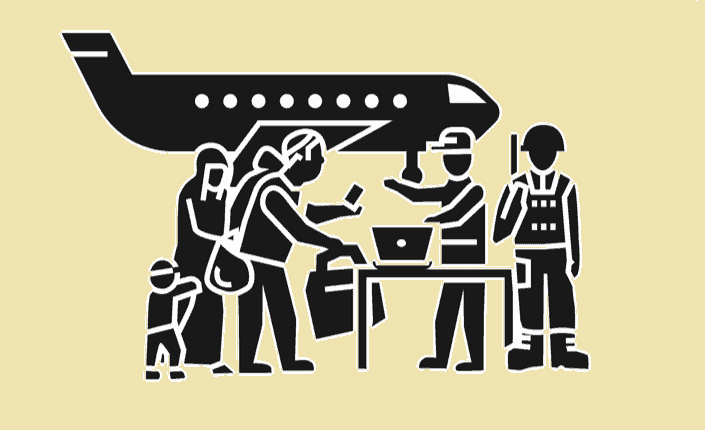
The IAQ researchers Karola Köhling and Marina Ruth examined and analyzed the living situation of young refugees and their integration into school and working life, which influences the work of actors from the education system, labor administration and youth welfare. It was shown that in addition to the school and work world, the livelihood aspects are of particular importance.
“Young refugees sometimes experience considerable restrictions because there are no offers. They rely on the commitment of employees in various institutions or companies and from civil society in order to be able to cope with a wide variety of areas of life.”
The researchers identified various problem areas. For example, support for unaccompanied minor refugees is handled very differently locally and is often only granted up to the age of 18. Thus, living situations are particularly difficult for young men, especially if it is not possible to move out of a shared accommodation (due to regulations on residence law) and if there are no places to retreat and study.
Bottlenecks in the local housing market can cause young refugees to become homeless when they reach the age of termination, for example, because youth welfare services are discontinued. Women in particular are at risk of being excluded due to language courses and school visits that have started to be canceled.
Due to the urgent need for action, the state of North Rhine-Westphalia initiated the “It works together” initiative led by the Ministry for Children, Family, Refugees and Integration (MKFFI). Local alliances are intended to improve the chances of integration for young refugees between the ages of 18 and 27, whereby in addition to integration into work and training, aspects of everyday life are actively included.